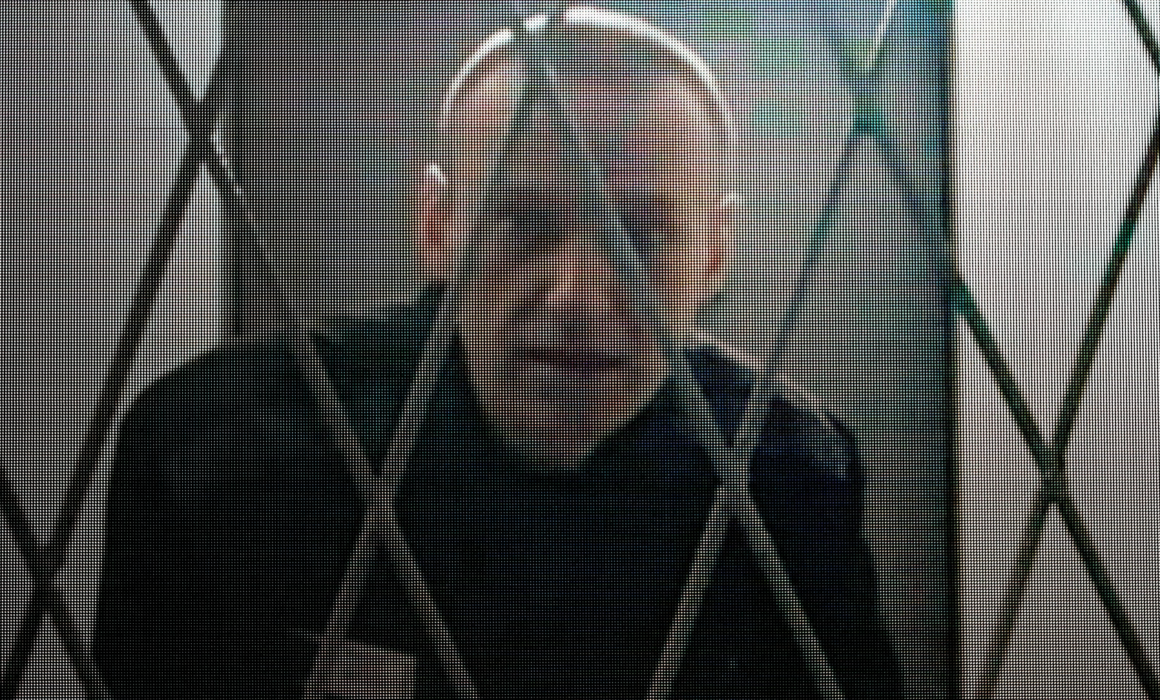
Alexei Navalny returned to Russia in January 2021. Right before he boarded the plane, he posted a film titled “Putin’s Palace: The Story of the World’s Largest Bribe” on YouTube. The video, nearly two hours long, was an extraordinary feat of investigative reporting. Using secret plans, drone footage, 3-D visualizations, and the testimony of construction workers, Navalny’s video told the story of a hideous $1.3 billion Black Sea villa containing every luxury that a dictator could imagine: a hookah bar, a hockey rink, a helipad, a vineyard, an oyster farm, a church. The video also described the eye-watering costs and the financial trickery that had gone into the construction of the palace on behalf of its true owner, Vladimir Putin.
But the power of the film was not just in the pictures, or even in the descriptions of money spent. The power was in the style, the humor, and the Hollywood-level professionalism of the film, much of which was imparted by Navalny himself. This was his extraordinary gift: He could take the dry facts of kleptocracy—the numbers and statistics that usually bog down even the best financial journalists—and make them entertaining. On-screen, he was just an ordinary Russian, sometimes shocked by the scale of the graft, sometimes mocking the bad taste. He seemed real to other ordinary Russians, and he told stories that had relevance to their lives. You have bad roads and poor health care, he told Russians, because they have hockey rinks and hookah bars.
And Russians listened. A poll conducted in Russia a month after the video appeared revealed that one in four Russians had seen it. Another 40 percent had heard about it. It’s safe to guess that in the three years that have elapsed since then, those numbers have risen. To date, that video has been viewed 129 million times.
Navalny is now presumed dead. The Russian prison system has said he collapsed after months of ill health. Perhaps he was murdered more directly, but the details don’t matter: The Russian state killed him. Putin killed him—because of his political success, because of his ability to reach people with the truth, and because of his talent for breaking through the fog of propaganda that now blinds his countrymen, and some of ours as well.
He is also dead because he returned to Russia from exile in 2021, having already been poisoned twice, knowing he would be arrested. By doing so he turned himself from an ordinary Russian into something else: a model of what civic courage can look like, in a country that has very little of it. Not only did he tell the truth, but he wanted to do so inside Russia, where Russians could hear him. This is what I wrote at the time: “If Navalny is showing his countrymen how to be courageous, Putin wants to show them that courage is useless.”
That Putin still feared Navalny was clear in December, when the regime moved him to a distant arctic prison to stop him from communicating with his friends and his family. He had been in touch with many people; I have seen some of his prison messages, sent secretly via lawyers, policemen, and guards, just as Gulag prisoners once sent messages in Stalin’s Soviet Union. He remained the spirit behind the Anti-Corruption Foundation, a team of Russian exiles who continue to investigate Russian corruption and tell the truth to Russians, even from abroad. (I have served on the foundation’s advisory board.) Earlier this week, before his alleged collapse, he sent a Valentine’s Day message to his wife, Yulia, on Telegram: “I feel that you are there every second, and I love you more and more.”
Navalny’s decision to return to Russia and go to jail inspired respect even among people who didn’t like him, didn’t agree with him, or found fault with him. He was also a model for other dissidents in other violent autocracies around the world. Only minutes after his death was announced, I spoke with Sviatlana Tsikhanouskaya, the Belarusian opposition leader. “We are worried for our people too,” she told me. If Putin can kill Navalny with impunity, then dictators elsewhere might feel empowered to kill other brave people.
The enormous contrast between Navalny’s civic courage and the corruption of Putin’s regime will remain. Putin is fighting a bloody, lawless, unnecessary war, in which hundreds of thousands of ordinary Russians have been killed or wounded, for no reason other than to serve his own egotistical vision. He is running a cowardly, micromanaged reelection campaign, one in which all real opponents are eliminated and the only candidate who gets airtime is himself. Instead of facing real questions or challenges, he meets tame propagandists such as Tucker Carlson, to whom he offers nothing more than lengthy, circular, and completely false versions of history.
Even behind bars Navalny was a real threat to Putin, because he was living proof that courage is possible, that truth exists, that Russia could be a different kind of country. For a dictator who survives thanks to lies and violence, that kind of challenge was intolerable. Now Putin will be forced to fight against Navalny’s memory, and that is a battle he will never win.